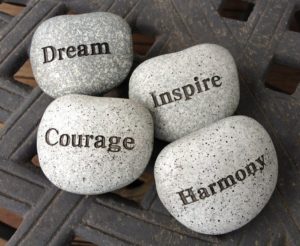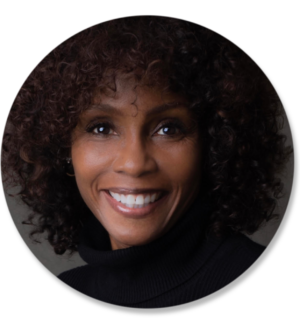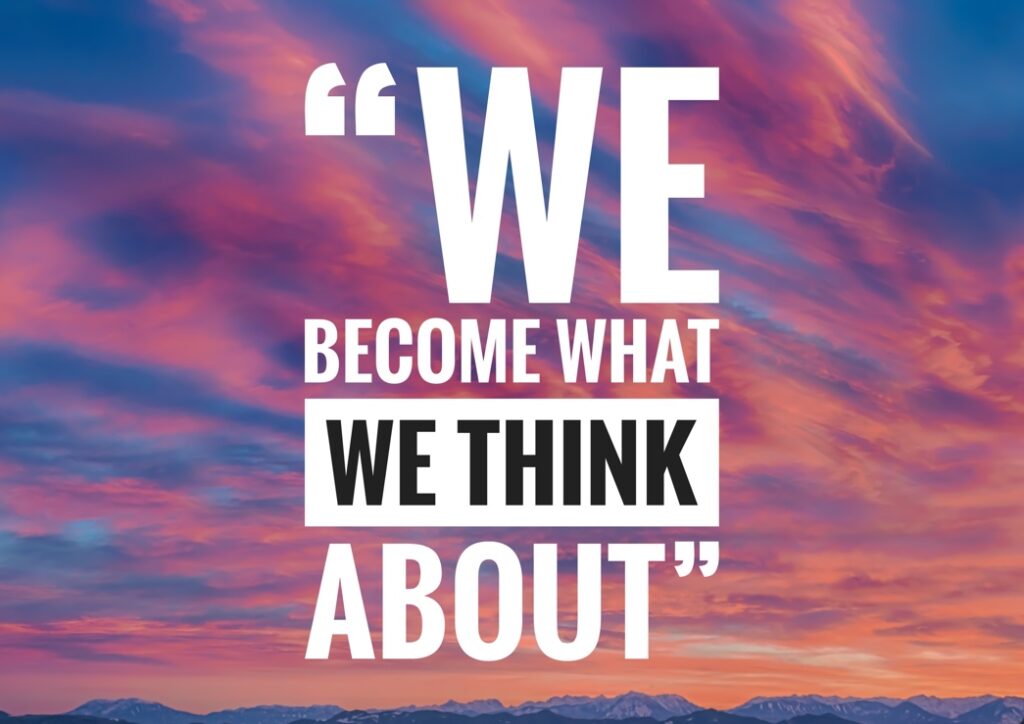
Carl Rogers, psychologist and founder of the humanistic approach to psychology, described the Power of Empathy as “When someone really hears you without passing judgment on you, without trying to take responsibility for you, without trying to mold you.” Empathy heals, but how often are we empathetic with ourselves?
It’s important to remember the specialness of what and who you are and when self-evaluating do it in a way that engenders growth rather than self-hatred. You may think self-hatred is harsh, but that’s exactly what you do when you self-talk or criticize yourself after making a mistake or when you’re not pleased with a specific outcome. Common language we use when we are not happy with ourselves sounds like this …. “That was dumb!” “How could I be so stupid?” “What’s wrong with me?” “I’m always messing up,” ”Why can’t I learn that, ” “Why can’t I lose weight?” or “I’m overweight or fat.”
Sound familiar? That’s because we’ve been taught to judge ourselves in ways that imply we did something wrong or bad; self-admonishment implicitly assumes that we deserve to suffer for what we’ve done. When we communicate with ourselves regularly through inner judgment, blame, or criticism, it’s not surprising that our self-esteem and self-worth suffers. It’s tragic that we get entangled in self-hatred rather than benefit from our mistakes. When we benefit from our mistakes, we are guided toward growth and renewal. There will always be other people in your life that criticize or blame you for something but remember the problem is usually with themselves.
Life is full of continued growth and change, and it should be stimulated by a clear desire to enrich life for youself or for others rather than negative energies such as shame, blame, or guilt. When we evaluate ourselves in terms of fulfilling unmet needs, we are much more likely to learn from our evaluation.
So remember when you are trying to do something to enrich your life, “Get healthy”, “Lose weight”, ”Learn a new skill,” or whatever improvement you are trying to make do it in a way that inspires change in the direction of where you want to go and out of respect and compassion for yourself rather than self-hatred, guilt, blame, or shame.
When we listen empathically and compassionately to ourselves, we will be able to hear the underlying unmet need. Self-Forgiveness occurs the moment you make this empathic connection. If you enjoy this post, leave a comment.
Dr. Darlene Thomas
Self-love, Self-Care








